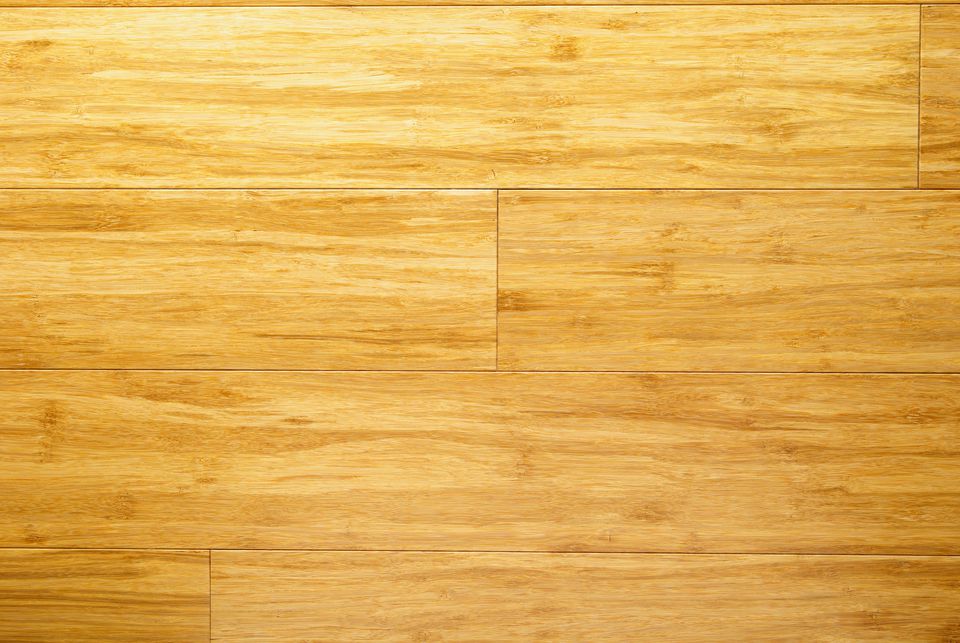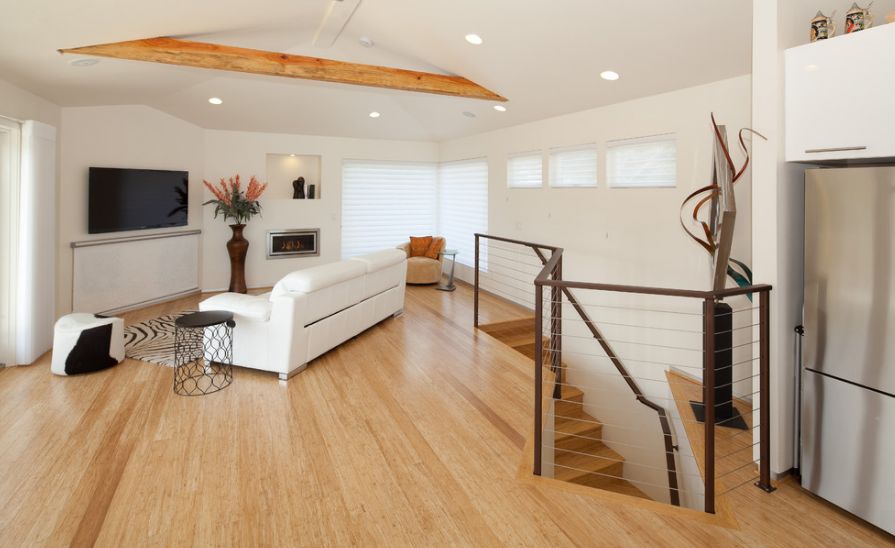As we know the most important thing to consider in choosing flooring solution is not ease of installation or color selection, but durability. That is why bamboo flooring durability is a very important factor to take into account when you are comparing your options for your flooring project. Most people spend so much time figuring out the colors, texture, initial cost, and searching for trivial things such as the cheapest installation cost. What they fail to realize is that at the end of the day, if you have UV damage, water damage, cracks, dents, and scratches, you will end up spending big bucks in fixing the problem. Even worse, you might have to replace the floor altogether. In this article, I will discuss the durability and few pros and cons of bamboo flooring.

Bamboo Flooring Durability
Water-resistant
Bamboo is not wood; therefore it doesn’t have the sensitivity to water as bad as most wood materials. You can get information about bamboo flooring pros and cons here. The manufacturing process provides added strength and resiliency to bamboo flooring products which makes it more resistant to moisture. Most homeowners know not to use hardwood floors for the kitchen area, and the biggest reason is the number of spills that bound to happen in the kitchen area from cooking activities. This is where bamboo flooring durability excels since it is naturally more resistant to water than regular hardwood. Although I discourage the use of bamboo flooring for bathrooms, I have seen some people do that since they insist on having that natural wood look throughout the house including bathrooms. As long as it is not used right in front of shower stalls or bathtubs, it should be fine for instance in larger bathrooms such as the master bathroom.
Scratch-resistant
Hardwood floors are prone to scratches within days of installation. Very soon you will see small scratches where furniture moves, such as the formal dining room where most people use hardwood floors. When you have movable furniture such as dining chairs, pink computer chairs, mesh task chair, you are bound to have scratches very soon. This is really disappointing and heartbreaking because fixing a scratch is not easy. You can have hardwood floor pencil to fix small scratches, but it is extremely difficult to find an exact color match, so the fix is rarely satisfactory. The only way to fix the problem is to re-stain the entire room, which is very costly. That is why bamboo flooring is very attractive for rooms where you have movable furniture because it is by far more scratch resistant compared to regular hardwood. However, you can read all the major causes of scratches and their solution guide on how to get scratches out of bamboo floors to resolve it easily.
UV resistant
Everyone knows not to use hardwood in sunrooms or any room with large windows especially if they are facing south. This is because hardwood will be damaged by sunlight, especially the afternoon sun due to its intensity. What about bamboo flooring durability? By nature, bamboo is more UV resistant than any type of wood, so it is only logical to use bamboo flooring if you want to have a wood look for your sunroom. Having said that, you must reduce the exposure to sunlight if possible since over time, although after a far longer period than hardwood, even bamboo flooring will show some dullness and fading in color. This is not the bamboo itself that got some damage; rather it is the stain that cannot withstand prolonged sun exposure.

Bamboo Flooring Pros and Cons
There are some bamboo flooring pros and cons that a lot of people don’t know about, as some people only know that bamboo flooring is unique, stylish, and very eco-friendly. Bamboo flooring is becoming a more and more popular choice of flooring material among homeowners these days. However, eco-friendliness and stylish aside, it has few pros and cons too.
They deal with lots of aspects. Let’s deal with the pros first.
Bamboo Flooring Pros
Among the widely known benefits and advantages of bamboo flooring are as follows;
- Being environmentally friendly
- Sustainable
- Highly durable and strong
- Bamboo grows faster
- Cheaper compare to traditional hardwood
- Hypo-allergenic
- Very appealing
- Very easy to care.
Bamboo Flooring Cons
And now, let’s deal with the cons, among the drawbacks of bamboo flooring are as follows;
- Bamboo flooring are a bit expensive since they are being made overseas
- Formaldehyde and some other volatile chemicals are used in the manufacturing
- No fair trade practices are enforced
- Premature harvesting resulting in soft and weak bamboo floors
- Fading on the finishes
- Irresponsible forestry practices.
Analyzing and evaluating these bamboo flooring pros and cons, it cannot be denied that the pros outweigh the cons. This is the reason why bamboo flooring is fast becoming a much sought after flooring material. In addition, bamboo is all-natural and it doesn’t have to take that long to fully mature (it only takes 3 to 5 years before it can be harvested) compare to the typical hardwood that takes so many years.